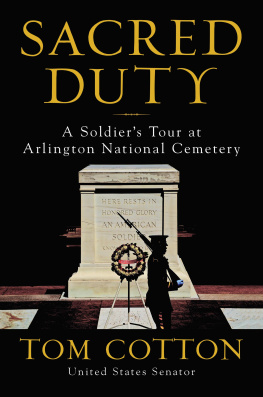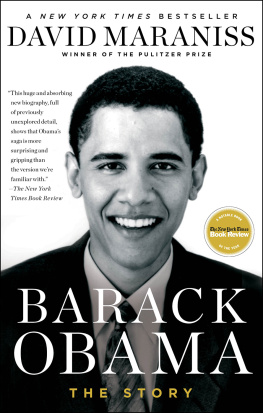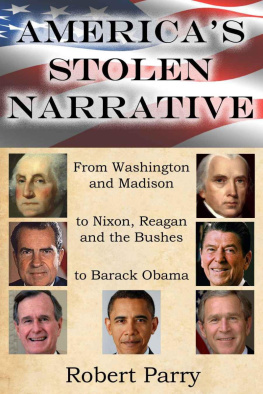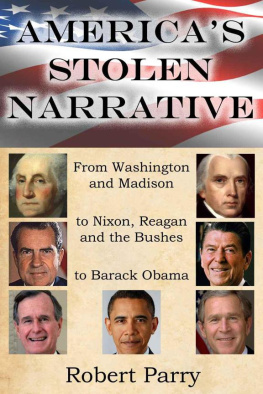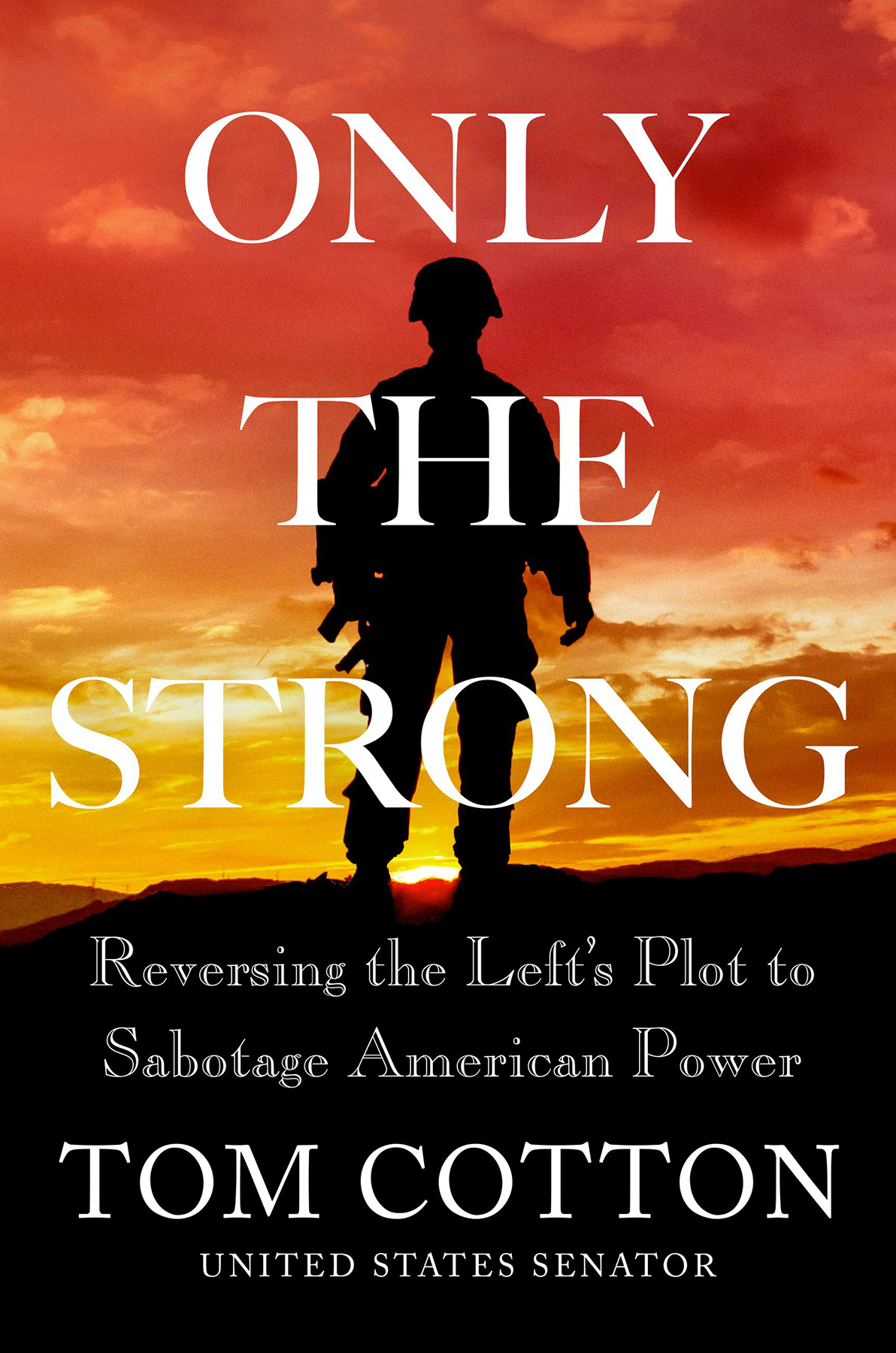W HO COULDVE FORESEEN , eight years ago, this strange and unexpected moment, I thought as I surveyed the scene. Soldiers and airmen huddled against the HESCOs, giant earth-filled baskets typically used for cover from gunfire, but today used for even a sliver of shade. No luck. The sun baked everything in sight as the temperature passed 110 degrees, routine for May in eastern Afghanistan. Looking over our bases perimeter wall, I saw the mud huts of Mehtar Lam, with Afghan women washing clothes and kids playing with sticks. Lacking electricity, the huts would disappear into darkness most nights.
Standing in front of our duck-and-cover bunkers and thousands of precariously stacked water bottles, improbably enough, was the Matt Poss Band, a country group from downstate Illinois. The six musicians had traveled to Afghanistan as part of a two-week tour to entertain the troops. Athletes, movie stars, and musicians visited often enough, but this was a first for our little base; most celebrities stuck close to the mega-bases like Bagram and Kandahar. But that made us appreciate the band even more. I could tell the troops really enjoyed the mix of country, rock, and blues, even if their tastes ran more toward rap and metal, judging by what I heard in the barracks. It was a welcome break after seven months in theater.
As I listened, I reflected on the eight years of choices and chances that had brought me to a concert in the foothills of Afghanistan. It was an unpredictable path, but who can ever predict the path a life will take?
In the summer of 2001, I was heading into my final year of law school, with a job already lined up after graduation. The future seemed safe, secure, and predictable. But all that changed on 9/11. I wanted to rush out and join the next day; some friends in the Army encouraged me to finish school and repay my loans. The Army and the bad guys arent going anywhere, they said, and neither are your loans if you drop out of school. The delay frustrated me at times, but I realized they were right when I started earning a few hundred bucks a paycheck as an E-4 specialist.
I spent more than a year at Fort Benning, earning my commission as a second lieutenant, learning my craft as an infantry officer, and enduring the travails of Ranger and Airborne Schools. My buddies and I were all eager to get downrange and see combatits why we joinedbut our commander also counseled patience. Dont worry, he often said, youll all get your shot at the title.
Mine came in 2006, as soon as I left Benning. After reporting to Fort Campbell, I flew straight to Iraq on the replacement birdthe nickname, in typical Army gallows humor, for the airplane that takes replacements for casualties into a combat theater. I joined my new unit, the 101st Airborne Division, in Baghdad. By then, we were in the middle of both an insurgency and a sectarian war, making the battlefield especially complex. Thanks to our training and equipment, a little luck, and a lot of prayer, I brought all my soldiers home alive and well in time for Thanksgiving. I later joked with friends that I now drove more carefully and ate more healthily because I had left eight of my nine lives in Baghdad.
I moved next to The Old Guard at Arlington National Cemetery. This assignment was unusual because The Old Guard is a volunteer, application-only unitand I hadnt applied. The regiment was short on officers, however, and I fit the first key criterionIm very tallso the Army volun-told me. But it was also a welcome assignment. If not leading troops in combat, theres almost nothing Id rather do than honor our fallen heroes inside Arlington.
At one point, The Old Guard was supposed to be my last assignment. I was slated to go either back to Benning for another training course or, worse yet, to a desk making PowerPoint slides. Neither appealed to me. Between Iraq and Arlington, I had already had a good run in the Army, doing what I joined to do and then some. I submitted my resignation papers in late 2007, intending to serve another year at the cemetery and then go home.
But things changed again in the spring of 2008. The Army asked for volunteers among infantry captains for an Afghanistan mission. I was intrigued. By that point, the Iraq surge had succeeded in stabilizing the country and bringing American casualties way down. Barack Obama and John McCain both campaigned on a renewed commitment to Afghanistan. Obama in particular sounded uncharacteristically tough on Afghanistan in contrast to his strident criticism of the Iraq War. It seemed like a promising time to head to Afghanistan. Moreover, pre-deployment training would last only three months, with volunteers shipping out by the early fall. Army headquarters gladly promised the deployment to me if I withdrew my resignation. I was heading back to war.
Now here I was, of all places, at a concert in Mehtar Lam. Yet my story wasnt all that unusual. Our base had soldiers and airmen from every walk of life. Many of the privates had been in elementary school or middle school on 9/11. Most were on their first combat tour, getting their first shot at the title, as my old commander put it.
I was proud of these young troops. They represented what was best about our nation: brave, patriotic, dogged, hardworking, selfless, and entirely convinced of Americas righteousness. They deserved this welcome little break before the next mission.
Unfortunately, warning clouds were gathering over the mission. Four months into office, Obama had ratified George W. Bushs late decision to deploy some extra troops to Afghanistan, but hadnt yet unveiled a promised new strategy. Maybe he was too busy with his global apology tour. But news reports suggested that Obama was already souring on the war and looking for a way out of his chesty campaign promises. Vice President Joe Biden blurted out that only 5 percent of the Taliban is incorrigible, which surprised the soldiers busy fighting them. Perhaps most ominous, leaks from the White House implied that Obama was depending on Biden for advice as much as or more than his own commanders.
As the Matt Poss Band wrapped up, I worried about the troops applauding them and those who would come next. Our tour would soon end, but the war would not. Nor would the threats to our nation. I feared the new commander in chief wasnt up to the task.


